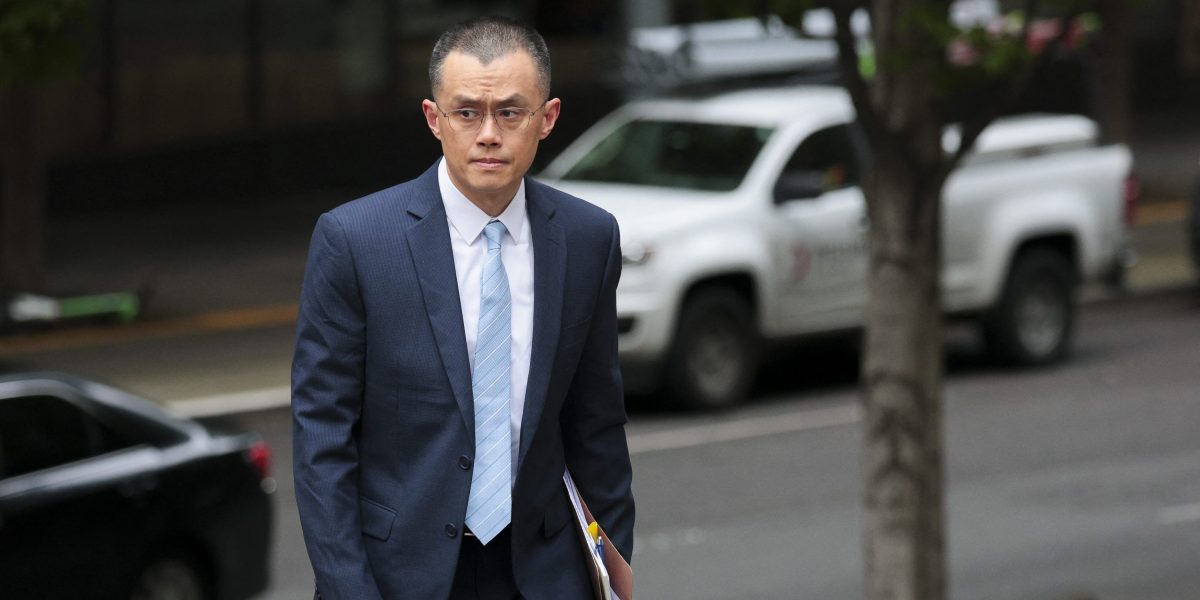The recent pardon issued by former President Donald Trump for crypto magnate Changpeng Zhao has sparked significant controversy, raising questions about the implications for the cryptocurrency industry and its regulation under the Biden administration.
What Happened?
In a bold move on Thursday, Donald Trump pardoned Zhao, the founder of Binance, asserting that Zhao was a victim of persecution by the Biden administration. This action arrives amid ongoing debates about the government’s approach to cryptocurrency regulation and corporate accountability.
Background on the Pardon
Zhao had previously pleaded guilty to charges that resulted in a significant financial penalty for his company, totaling $4 billion, as well as a brief prison sentence. Many analysts at the time considered this deal a win for both Zhao and Binance, which remains a leading player in the global cryptocurrency exchange market.
Criticism of the Rationale
Critics have quickly pointed out that the assertion of persecution is inaccurate. This contention is particularly noteworthy given that Zhao’s plea deal was a product of extensive negotiations with the former Attorney General’s office. Observers are increasingly concerned that projecting the Biden administration as a villain in this narrative undermines the complexities of regulatory enforcement within the financial sector.
The Regulatory Landscape
Many progressive advocates have criticized the Biden administration’s response to corporate crime, reflecting a historical pattern of leniency following the Great Recession. Reports indicate that prosecutions of corporate criminals have hit record lows under Biden, leading to speculation about whether Zhao’s comparatively brief time in prison reflects a broader trend in how corporate offenses are addressed.
Broader Implications for the Cryptocurrency Industry
This pardon could symbolize a shift in the political landscape concerning cryptocurrencies. Observers note that Trump has sought to reshape perceptions of government regulation in the industry, especially in the aftermath of high-profile scandals like the collapse of FTX. Given Trump’s financial entanglements with the crypto world, this action may be seen as a strategic maneuver to bolster an industry that benefits his business interests.
The Perception of Corruption
Some legal scholars, such as Frank Bowman, deem this pardon as potentially one of the most overt examples of corruption in U.S. history, particularly if connections between Zhao’s operations and Trump’s financial interests are substantiated. This allegation underscores a perceived lack of accountability at the highest levels of government, prompting ongoing discussions about ethics in political decision-making.
Conclusion: A Moment of Reflection
The fallout from this pardon serves as a pivotal moment for both the political establishment and the cryptocurrency industry as a whole. With tensions mounting over regulation and perceived favoritism, stakeholders are left to ponder the future of cryptocurrency regulation and the integrity of political actions in favor of financial interests. As we move forward, the implications of this decision and its resonance within political and economic discourse will continue to unfold.


